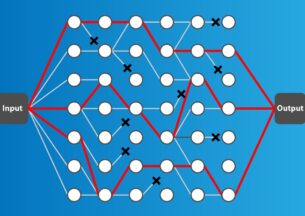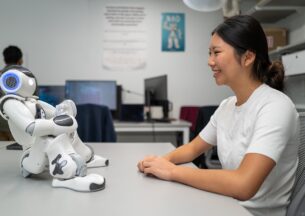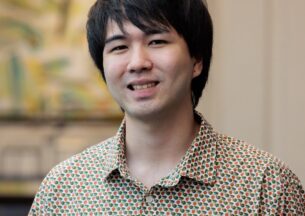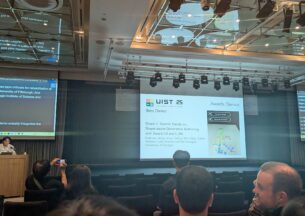Yael Vinker (MIT CSAIL)- Young Researcher Series Seminar: Generative Models for Visual Communication
Abstract: From rough sketches that spark ideas to polished designs that explain complex concepts, visual communication is central to how humans think, create, and share knowledge. Yet despite major advances in generative AI, we are still far from models that can reason and communicate through visual forms.
I will present my work on bridging generative AI and visual communication, focusing on three complementary domains: (1) algorithms for generating and understanding sketches, (2) systems that support exploratory visual creation beyond one-shot generation, and (3) methods for producing editable, parametric images for design applications.
These domains pose unique challenges, they are inherently data-scarce and rely on representations that go beyond pixel-based images commonly used in standard models.
I will show how the rich priors of vision-language models can be leveraged to address these challenges through novel optimization objectives and regularization techniques that connect their learned features with the specialized representations required for visual communication.
Looking ahead, this research lays the foundation for general-purpose visual communication technologies: intelligent systems that collaborate with humans in visual domains, enhancing how we design, learn, and exchange knowledge.
Speakers
Yael Vinker
Yael Vinker is a Postdoctoral Associate at MIT CSAIL, working with Prof. Antonio Torralba. She received her Ph.D. in Computer Science from Tel Aviv University, advised by Profs. Daniel Cohen-Or and Ariel Shamir. Her research spans computer graphics, computer vision, and multimodal learning, with a focus on generative models for visual communication. Her work has been recognized with two Best Paper Awards at SIGGRAPH 2022 and SIGGRAPH Asia 2023, and a Best Paper Honorable Mention at SIGGRAPH 2023. She was selected as an MIT EECS Rising Star (2024) and is a recipient of the Blavatnik Prize for Outstanding Israeli Doctoral Students in Computer Science (2024) and the VATAT Ph.D. Fellowship.













